The #1 Most Returned Dog Breed by Families with Young Kids, According To Shelter Employees
Considering bringing a furry companion into your home? A nationwide survey conducted across animal shelters nationwide has shed light on certain dog breeds that may pose challenges for families with young children.
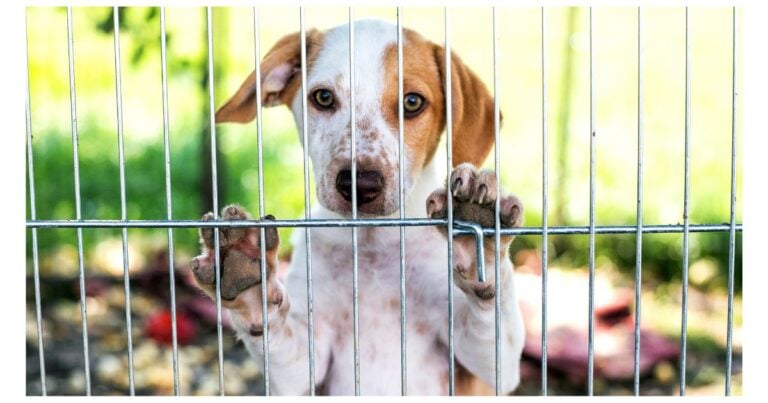
“We surveyed shelters and rescue groups across the country to gain insights from those on the front lines of pet adoption on what kinds of dogs they see both being adopted and being surrendered,” said Lorna Ladd, Marketing Director for Rocky Kanaka Media. “What better people to ask than those who see thousands of dogs coming and going each year,” This research, aimed at understanding the dynamics of pet adoption and retention, sheds light on the complexities families face when selecting a canine companion.
High-Energy Breeds Top the List
#1 It’s Not Always About Breed
A whopping 65% of shelter works said that high excessive energy or hyperactivity and nervousness in dogs are significant factors for returns, regardless of the breed. It turns out, a calm household and a high-energy dog don’t always mix well.
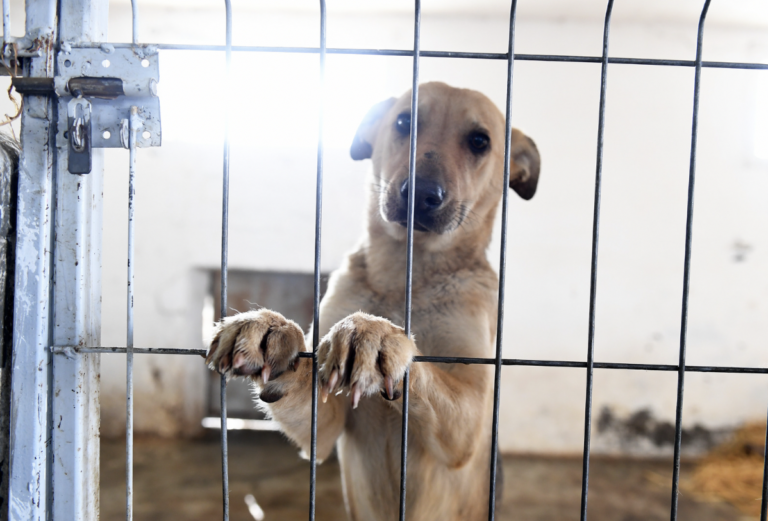
High-energy dogs are characterized by their need for constant activity and stimulation. They require regular, intense exercise, mental challenges, and consistent engagement. Families, especially those with young children, often find it challenging to meet these demands. The mismatch between the dog’s high energy needs and the family’s capacity to fulfill them can lead to the difficult decision of returning the dog to the shelter.
The survey underscores the importance of considering a dog’s energy level and temperament alongside breed characteristics when choosing a family pet. A mismatch in these aspects can lead to a disruptive family environment and ultimately, the return of the dog which is a hardship for both the dog and the family.
#2 Huskies
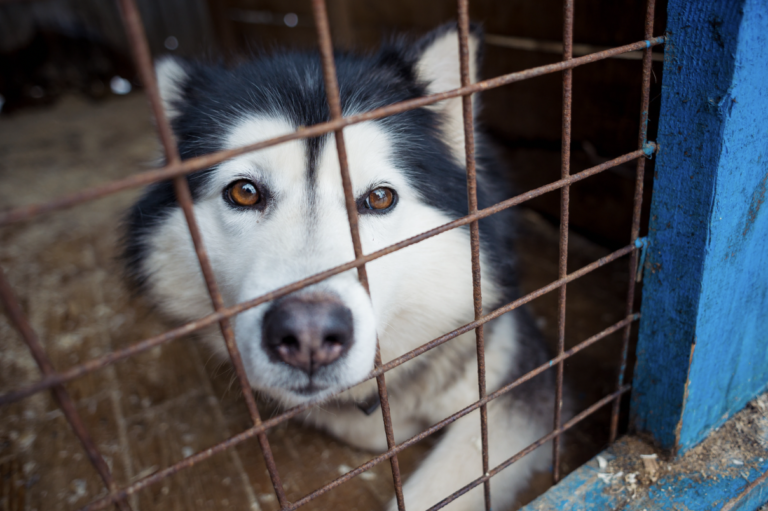
Huskies, with 44% of shelter workers flagging them as a challenging breed, are often admired for their striking appearance and piercing blue eyes. Originally bred for their endurance to pull sleds in harsh Arctic conditions, they are packed with energy and stamina. This high-energy trait, while admirable, can be a double-edged sword in a family environment. Huskies require extensive exercise and mental stimulation, and without it, they can become restless and even destructive. Their exuberant nature might prove overwhelming for families, especially those with small, easily intimidated children. Anecdotal evidence suggests that many families fall for the Huskies’ wolf-like allure, only to find themselves unprepared for their intense exercise needs and independent temperament. Find out Why Are There So Many Huskies In Animal Shelters?
#3 German Shepherds
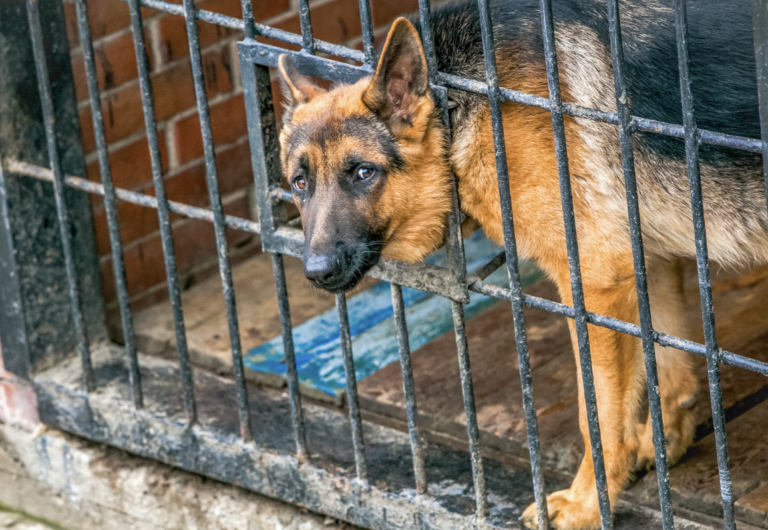
German Shepherds, identified by 41% of shelter workers as less suitable for young families, are celebrated for their intelligence, loyalty, and versatility. They are a common choice for roles that require obedience and discipline, such as police and military dogs. However, their intelligence comes with a need for continuous engagement. If left unstimulated, German Shepherds can become bored and potentially disruptive, a scenario that might not bode well in a household with young kids. Additionally, their protective nature, while a boon for security-conscious owners, can sometimes translate into overprotectiveness around strangers or new family members, including children. Find out Why Are There So Many German Shepherds in Shelters?
#4 Australian Cattle Dogs
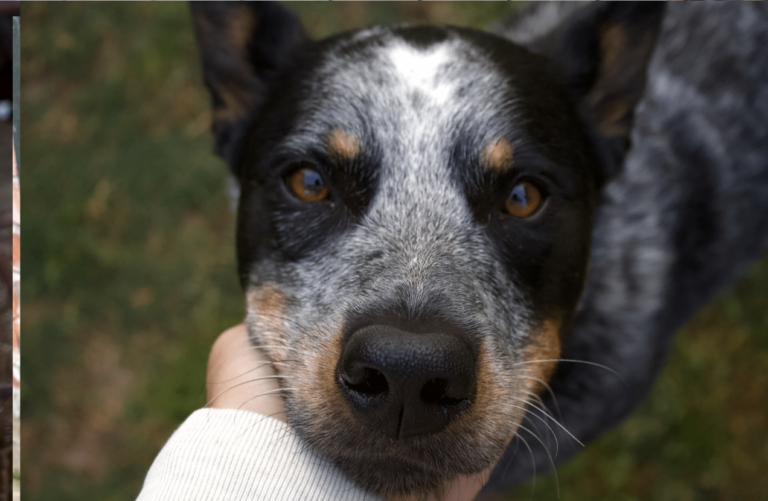
Australian Cattle Dogs, marked by 40% of respondents as a challenging breed, are renowned for their herding skills. Bred to drive cattle over long distances, they are incredibly energetic and thrive on having a job to do. In a family setting, this translates to a need for constant activity and mental challenges. Without proper outlets for their energy, these dogs can become bored and develop behavioral issues. Their herding instinct might also manifest in unwanted ways, such as trying to herd children, leading to nipping or overly rough play. In fact, 70% of respondents said that this breed (along with other herding dogs) are the ones most likely to bite.
#5 Chihuahuas: Small Size, Big Personality
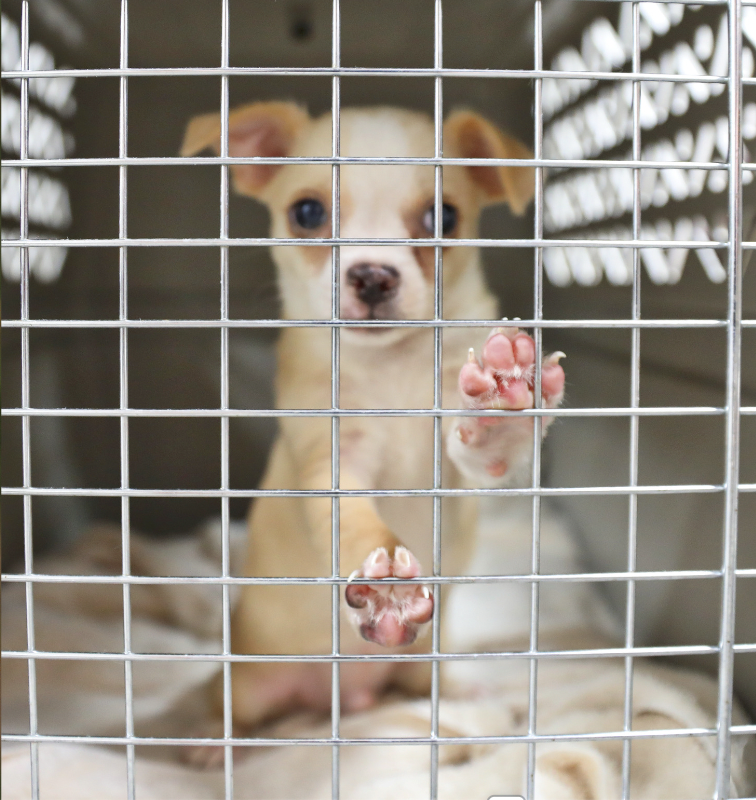
Surprisingly, Chihuahuas join this list with 32% of shelter workers noting challenges with this breed in family settings. Despite their small size, Chihuahuas have a big personality and can be quite feisty. They are known for their loyalty to a single person, which can sometimes result in jealousy and protective behaviors. In homes with small children, who may not understand the boundaries of a tiny dog, this can lead to snapping or nipping incidents. Additionally, their small size makes them more vulnerable to injury from rough play, making them less ideal for households with very young or active children.
Other Breeds Mentioned
- Pitbull
- Jack Russell Terrier
- Doberman Pinscher
- Dachshund
The Trouble with Kids and Dogs
What else causes friction according to shelter workers?
🐶Lack of exercise leading to pent-up energy
🐶Children not being taught how to behave around dogs
🐶Jealousy issues (between the dog and kid)
🐶Kids getting too close to a dog’s face, often without parental supervision.
Here’s The #1 Best Breed For Families With Small Children
The survey results are clear: Golden Retrievers emerged as the top choice for families with small children well ahead of any other breed, according to the survey
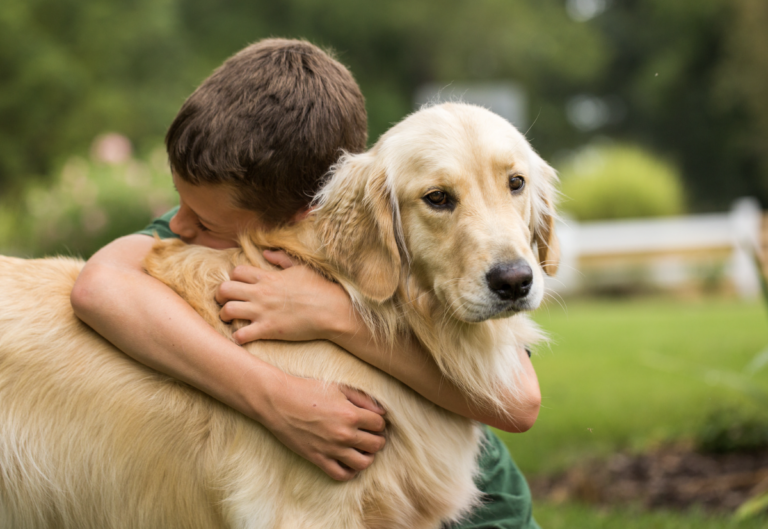
Golden Retriever Falls in LOVE with Donald Duck ADORABLE!
71% of shelter workers recommend Golden Retrievers as the ideal family pet, praising their gentle nature and patience with children. Labrador Retrievers follow , with 65% favorability, known for their friendly demeanor and adaptability. Other breeds that received positive mentions include Boxers, Bernese Mountain Dogs, and Poodles, known for their good temperament and compatibility with children.
Related Articles
- 7 Overrated Dog Breeds Vets Wish Dog Owners Would Stop Buying
- The Most Aggressive Dog Breeds: An Expert Ranks the Top 15
- 10 Dog Breeds to Avoid Unless You Like Constant Barking, According to a Top-Rated Pet Sitter



